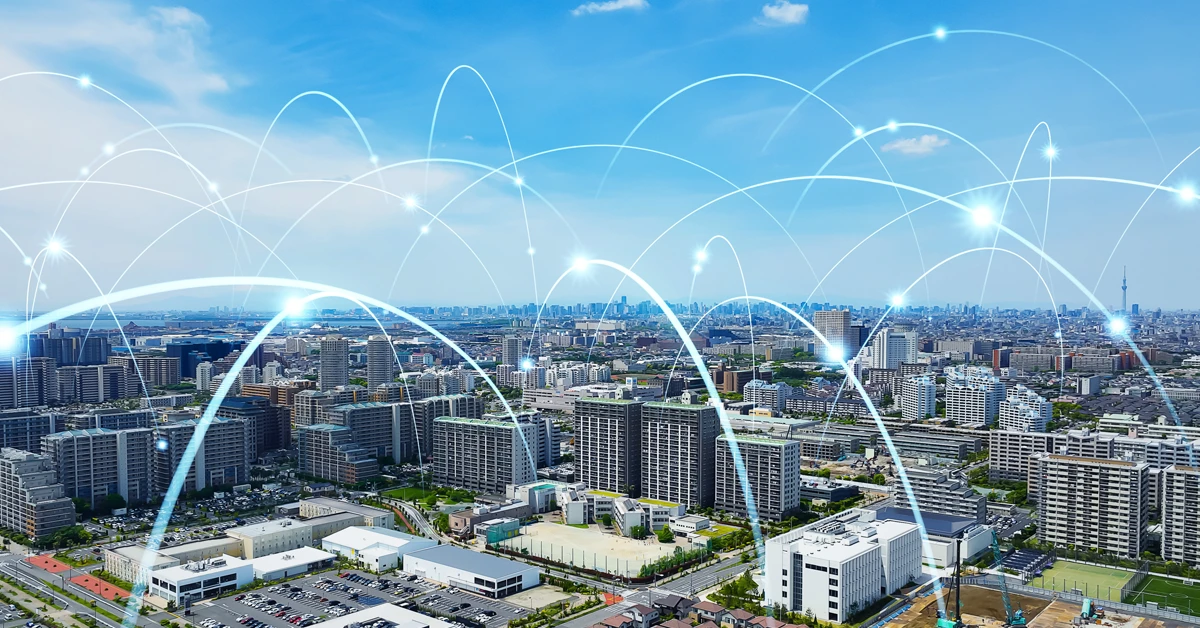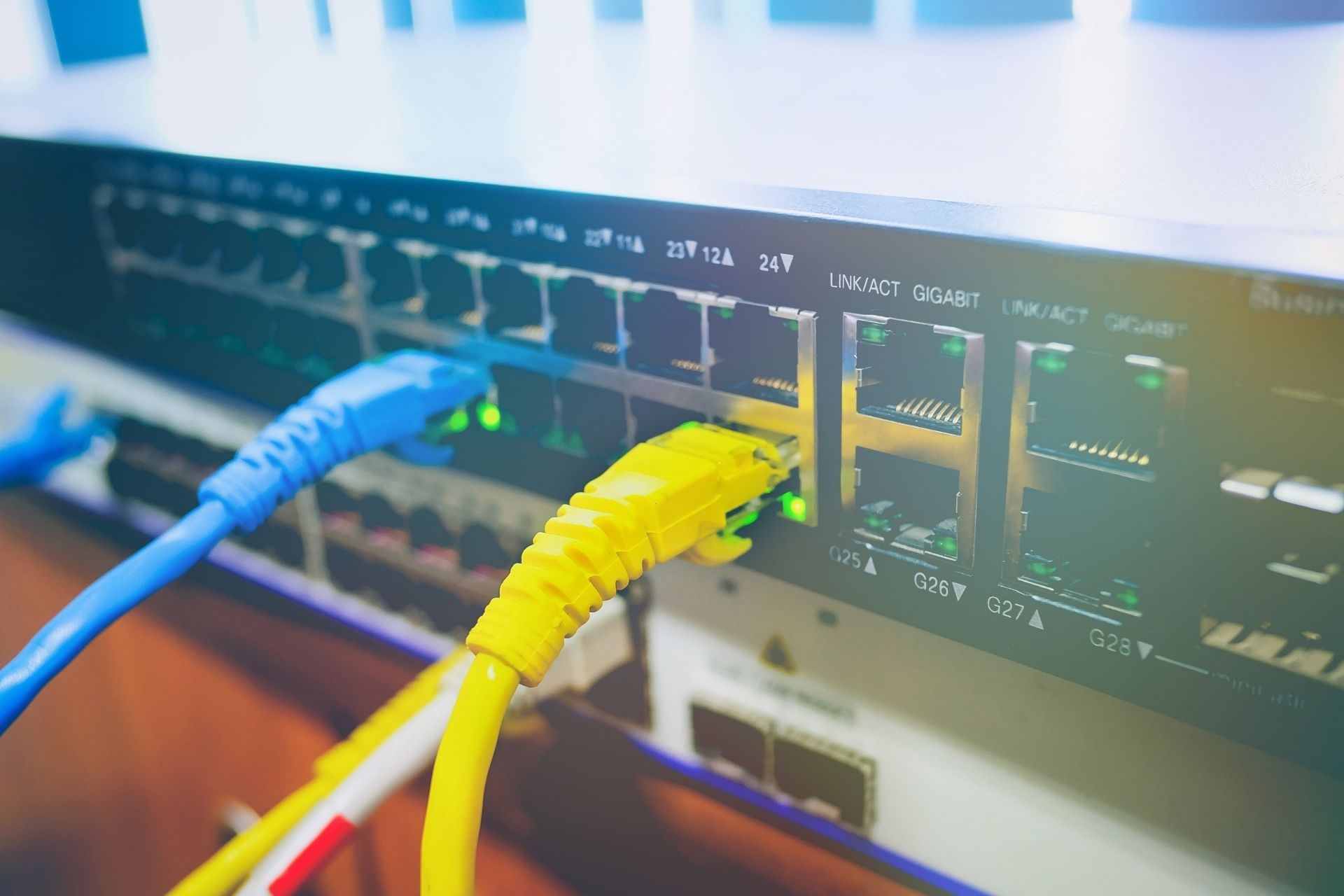Fiber-optic Cable Reels
What are the different types of fiber-optic cable reels available in the market?
There are several types of fiber-optic cable reels available in the market, including collapsible reels, hand-coiled reels, and motorized reels. Collapsible reels are convenient for transportation and storage due to their ability to collapse into a smaller size. Hand-coiled reels are manually wound and are suitable for shorter cable lengths. Motorized reels, on the other hand, are equipped with a motor for automatic cable winding and unwinding, making them ideal for longer cable runs.








